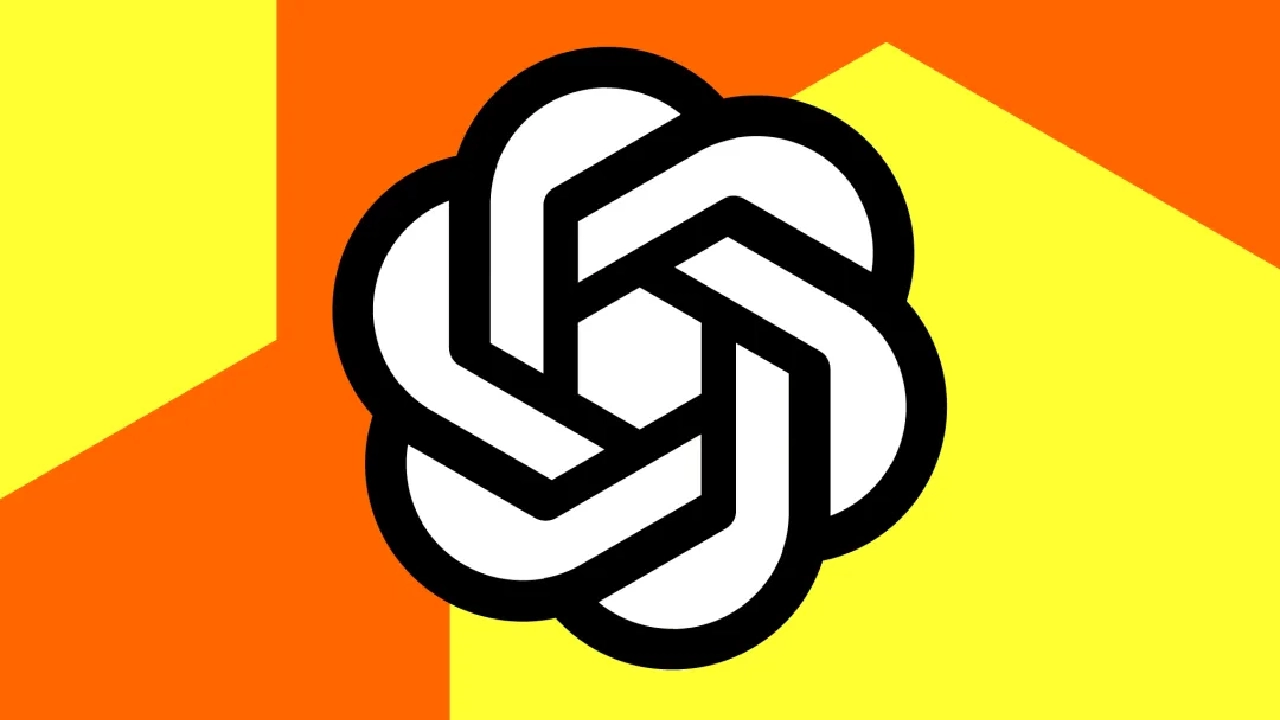Highlights
- OpenAI plans to turn ChatGPT into a more driven assistant by 2025, integrating it across apps, devices, and input types.
- With tools like Operator, it will handle tasks autonomously and adapt to user preferences.
- As AI grows more capable, companies like OpenAI will be at the forefront, leading the charge.
OpenAI is gearing up to redefine digital assistance with its ambitious OpenAI Super Assistant evolution of ChatGPT, aiming to launch a next-generation “super assistant” by mid-2025. Based on leaked strategy documents and media reports, this transformation envisions ChatGPT moving beyond its current role into a context-aware, multimodal, and task-completing AI companion. CEO Sam Altman had the assistance of ex-Apple design chief Jony Ive, and their goal is to integrate ChatGPT across emails, calendars, web browsers, and voice interfaces, making it a single point of interaction for both personal and professional life.
OpenAI Super Assistant Vision: A Smarter, Proactive AI
According to a document disclosed in the US Department of Justice’s antitrust case against Google, OpenAI plans for ChatGPT to shift from a passive tool to an intelligent interface that anticipates user needs. It will analyze context from multiple inputs, such as recent conversations, schedules, and habits, to offer active help to a user. Instead of just answering questions, ChatGPT will be capable of executing multi-step tasks, such as drafting emails, setting appointments, or researching vacation options, based on ongoing user intent.

Explored by The Verge, the document stated that “Today, ChatGPT is in our lives through existing form factors – our website, phone, and desktop apps. But our vision for ChatGPT is to help you with all of your life, no matter where you are.”
This vision represents a leap toward deeply embedded AI. Imagine asking the assistant to “schedule a catch-up next week and draft a quick agenda based on last month’s notes.” Instead of launching separate apps, ChatGPT would handle everything end-to-end.
Multimodal and Personalized Functionality
OpenAI wants ChatGPT to be a ‘super assistant’ for every part of your life https://t.co/7vykpYzBQ9
— The Verge (@verge) May 30, 2025
The upcoming version of ChatGPT will harness multimodal capabilities, basically understanding and interacting through voice, image, and possibly video. Users might photograph a faulty appliance, describe the issue, and receive step-by-step repair guidance. Multimodal functionality allows more intuitive, human-like interaction, particularly in mobile and hands-free scenarios.
Personalization will also improve significantly. ChatGPT will learn user preferences and behaviours to offer more tailored assistance. If it knows a user tends to avoid morning meetings, for instance, it might flag conflicts automatically. Integration with platforms like Gmail, Google Calendar, and Microsoft Outlook will give ChatGPT a unified view of user needs, helping it act as a real digital concierge.
One of the most promising developments is “Operator,” a tool that allows ChatGPT to simulate human interaction with websites, like navigating, clicking, filling out forms, and making purchases. This opens up possibilities for autonomous online behaviour, such as booking flights, paying bills, or enrolling in classes.

This agent-based execution could significantly reduce the time spent on digital errands. It also nudges ChatGPT toward becoming a fully autonomous assistant capable of acting independently, with minimal user oversight, based on well-established intent and permissions.
Applications and Outlook
The real-world use cases are far-reaching. Professionals might use ChatGPT as an executive assistant that drafts documents, coordinates meetings, and summarizes conversations. For students, it could become a tutoring and research partner. At home, ChatGPT might handle grocery lists, health checkups, or family scheduling.
“The broad part is all about making life easier: answering a question, finding a home, contacting a lawyer, joining a gym, planning vacations, buying gifts, managing calendars, keeping track of to-dos, sending emails,” says OpenAI regarding the Super Assistant.

As AI systems integrate further with IoT devices, expect ChatGPT to extend into home automation. A user could ask it to adjust lighting, suggest meals based on available ingredients, or track utility usage for cost-saving insights. The vision of “AI as the OS” is becoming tangible.
To summarize, OpenAI’s super assistant initiative signals a major shift in the way users interact with technology. With multimodal intelligence, personalized workflows, and autonomous execution, ChatGPT is poised to become a seamless part of everyday digital life. If OpenAI can maintain user trust and deliver on these bold goals, ChatGPT in 2025 could represent the new standard for intelligent assistance.
